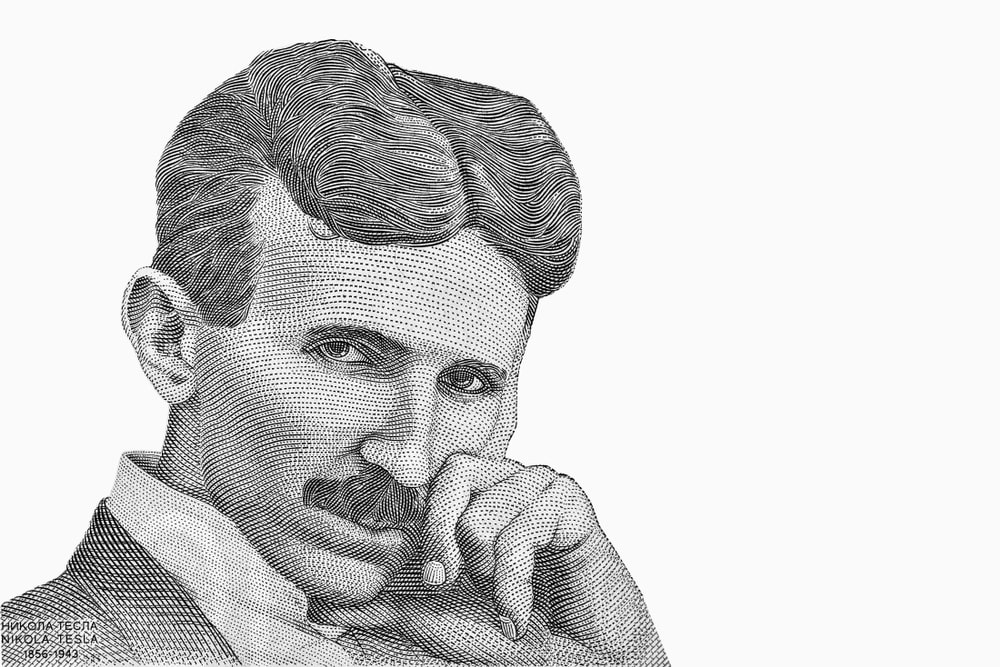Some of the most important traits of the richest:
There’s a 2015 study led by financial psychologist Bradley Klontz that tried to prove how ultra-wealthy Americans are so unique and different that they even display different “psychological differences” from other people. The interest group was mainly focused on those with a higher net worth and a higher income than the average population.
Initially, the focus of this study was to discover specific traits of the richest, but the discoveries were far more interesting than that. Their conclusions were also drawn from self-reports, so everything that will be enlisted here might reflect the way the super-rich see themselves rather than how they are perceived by others.
Moreover, those who had no interest in participating in a psychological survey could differ from those who did. But as it turns out, the super-rich kept a high level of responsibility and control over their own lives, taking further motivation from their own financial success and refusing to believe that a lot of money leads to corruption. Here are some of the most relevant differences between the rich and the affluent population:

They don’t believe in “money avoidance.”
Wealthy people are less likely to think that money could ever represent a corrupting influence or that rich people are greedy or try to get rich by taking advantage of other people. They also don’t think there’s any virtue in living with less money, and they definitely don’t believe they don’t deserve to have a ton of money.
They have a higher “internal sense of control.”
Also, the wealthy are less likely to feel any kind of helplessness when it comes to life’s challenges, and they do not take responsibility for the outcomes of their actions. They also believe in their own abilities to solve any issues and achieve their goals, and they think they have more control over the things that happen to them.
They are mainly motivated by money and passion.
Wealthy individuals are far more likely to connect their financial success to a fundamental drive to increase their wealth and a strong commitment to follow their deepest passions.
They’re more likely to connect their own self-worth with their net worth.
On the list of traits of the richest is also the fact that they believe their self-worth and net worth are strongly linked and that success is defined by how much money they can make. They also think that money comes from good works, and money helps them give life a deeper meaning.
They don’t sabotage their financial success.
As a result, wealthy people are less likely to overspend or gamble mindlessly, which means they won’t be able to financially enable others or hoard many possessions. They are also unable to stick to a budget.
They believe in their own investing abilities.
As it turns out, one of the many traits of the richest includes higher levels of confidence in their own investing game. However, they were still significantly more likely to report making one major investment mistake.
They are more vigilant when it comes to their money.
Another significant thing on the list of traits of the richest is the fact that they scored higher on the belief that money should be saved, not spent. They are more likely to become anxious about not having enough funds, and they are extremely disturbed by any discussion related to money.

Big five tests
Out of all the psychological models developed by researchers to describe the traits of the richest, the Big Five model has largely come to dominate over the last few decades. The latest wealth study is focused on a condensed version of this test to establish the differences between five core personality traits. Here are the five traits:
- Conscientious: It describes people who are extremely meticulous, diligent, efficient, punctual, ambitious, and persevering;
- Neuroticism: individuals with a high degree of this particular trait tend to be nervous and constantly worry about everything and anything that might go wrong. They also tend to react on impulse and aren’t particularly stable individuals.
- Agreeableness: Individuals with higher levels of this trait are more inclined towards harmony; they also have a tendency to back down way too fast, and they are constantly too trusting.
- Extraversion: Individuals with high extraversion are super talkative, enterprising, and energetic, but also courageous.
- Openness to experience: Individuals with higher levels of openness to experience are incredibly imaginative, creative, and curious.
When you start comparing the personality traits of the general population with those of the wealthy, there are a couple of patterns that might show:
- The rich are emotionally more stable and less likely to become neurotic.
- The rich are particularly extraverted.
- The rich are open to new experiences.
- The rich are less agreeable, which also means they’re less likely to shy away from any conflicts.
- The rich are more conscientious.
Besides the Big Five test, the researchers also dug into other important personality traits: narcissism and internal locus of control. What they discovered was somehow expected and yet interesting. It seems that wealthy people are far more narcissistic, and they also exhibit a stronger internal locus of control. This also means that they are more likely to agree with statements like “I am the one to determine how my life turns out” than “success in life is more of a question of luck and fate.”
What makes rich people so strong and thick?
The majority of interviewees in the study are self-made millionaires, and the “poorest” ones were worth between 10 million and 30 million euros. Most are worth way more, as we’re talking somewhere between 30 million and one billion euros.
Believe it or not, it turns out that the rich are psychologically extremely stable. They also found out that they are particularly open to new experiences, more extroverted, and conscientious. However, they aren’t necessarily agreeable.
The study of the superrich also involved in-depth interviews every couple of hours. As it turns out, they had enough patience and resilience not only to complete the Big Five test but also to take the test with 50 questions.
Researchers discovered that super-wealthy people are frequently nonconformists. They love swimming against the prevailing current, and they have no issue contradicting prevailing opinions. Also, the superrich are way more likely to decide based on gut feelings. They rely more on their intuition than on analysis.
More than that, it seems that they have a totally different approach to dealing with defeats and setbacks. In the general population, people tend to take credit for their successes and assign blame to others for their defeats and setbacks.
But the superrich are different: they constantly look to identify the causes of setbacks in themselves, not externally. But the reasons for that are different than what you’d expect: they do that because it gives them a sense of power: “If it’s my fault, then I can change it. I am in control of my own life.”
Overall, there are plenty of reasons why some people become rich and others don’t, but the specific combination of personality traits found in both studies seems to show a distinctive “pattern” of living and thinking. Rich people are successful because they act in a different manner than others. Also, they act differently because they think, make decisions, and react in a different manner compared to most people.
If you enjoyed reading this article, then you also need to try this: Science Debunked: The ONLY Safe Places During Tornadoes














